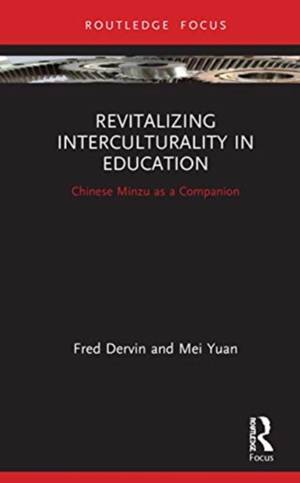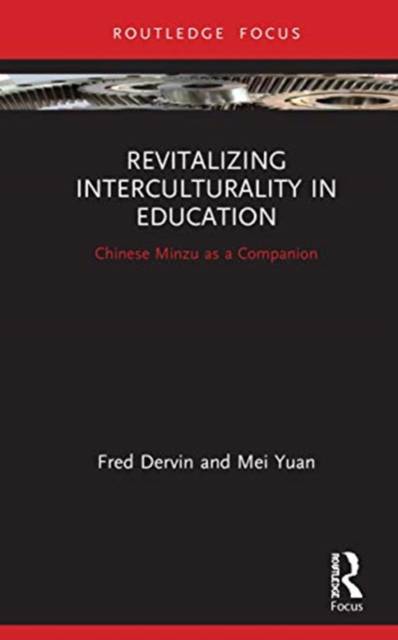
- Afhalen na 1 uur in een winkel met voorraad
- Gratis thuislevering in België vanaf € 30
- Ruim aanbod met 7 miljoen producten
- Afhalen na 1 uur in een winkel met voorraad
- Gratis thuislevering in België vanaf € 30
- Ruim aanbod met 7 miljoen producten
Revitalizing Interculturality in Education
Chinese Minzu as a Companion
Fred Dervin, Mei YuanOmschrijving
China is often seen as a monolith outside its borders. However, heterogeneity and interculturality have characterized the Middle Kingdom for centuries. Today, China's take on diversity is too easily disparaged or perceived as ambiguous - as if China was not legitimate to take part in conversations about it.
The authors wish to contribute to global discussions about interculturality in education, which have often been dominated by 'Western' voices, by problematizing a very specific Chinese perspective called Minzu ('ethnic') education. Minzu is presented as a potential companion to other forms of diversity education (multicultural, intercultural, transcultural, cross-cultural, global education). Without claiming that they have found a miraculous and one-size-fits all recipe, they argue that the lessons learnt from researching various aspects of Minzu in Chinese education can also help students, researchers, educators, and decision-makers unthink and rethink the central issue of interculturality. As such the book introduces the complexity, contradictions and benefits of Minzu while helping the reader consider how compatible and complementary it could be with discussions of interculturality in other parts of the world. The book also aims at making readers observe critically their own contexts.
This book was written with an open mind and it should be read with the same.
Specificaties
Betrokkenen
- Auteur(s):
- Uitgeverij:
Inhoud
- Aantal bladzijden:
- 134
- Taal:
- Engels
Eigenschappen
- Productcode (EAN):
- 9781138486867
- Verschijningsdatum:
- 18/06/2021
- Uitvoering:
- Hardcover
- Formaat:
- Genaaid
- Afmetingen:
- 140 mm x 216 mm
- Gewicht:
- 317 g

Alleen bij Standaard Boekhandel
Beoordelingen
We publiceren alleen reviews die voldoen aan de voorwaarden voor reviews. Bekijk onze voorwaarden voor reviews.











